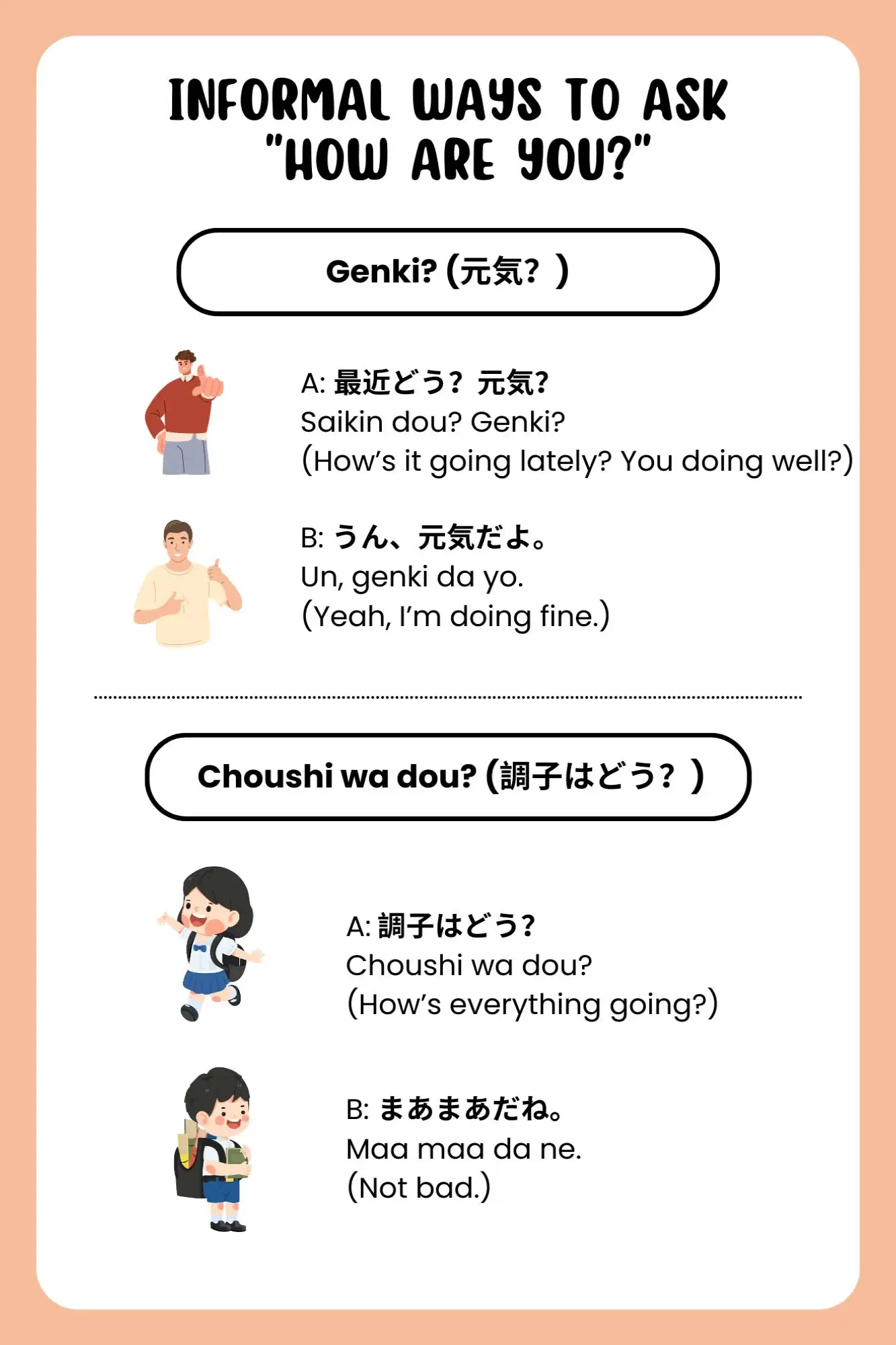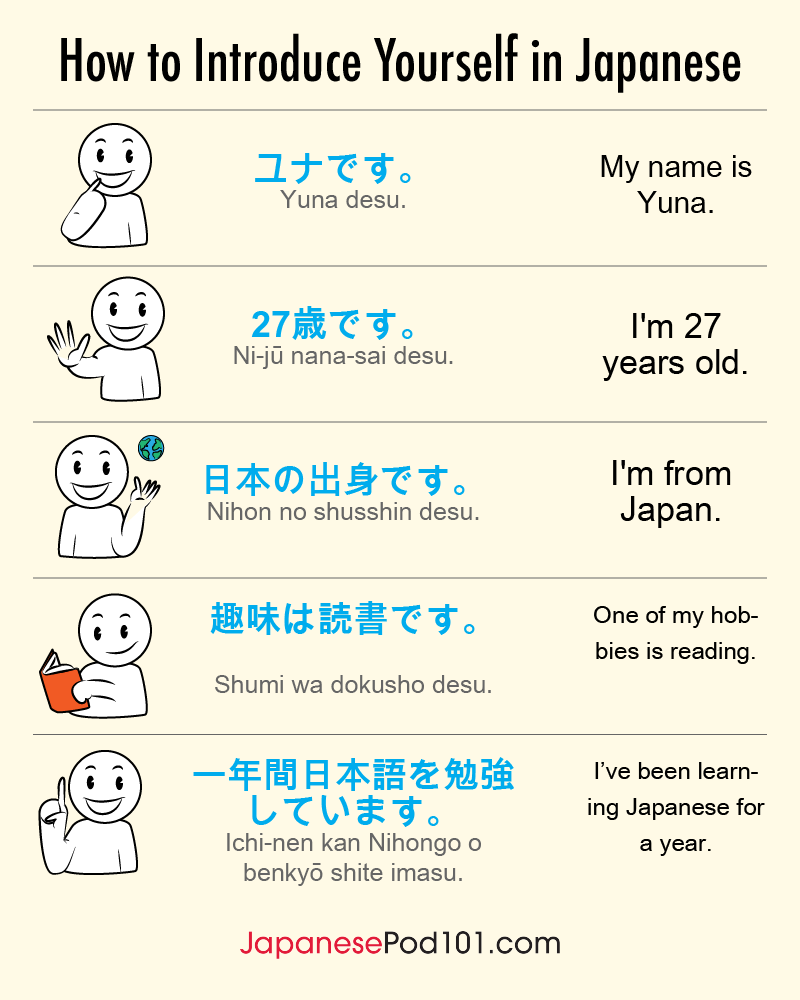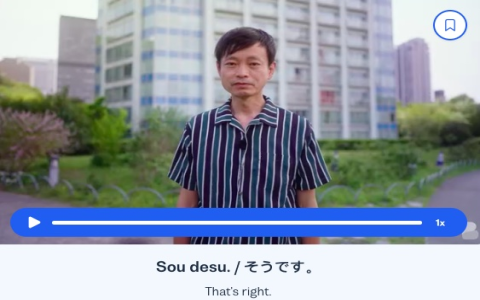You know how sometimes you think you’ve got a handle on something, and then BAM! Reality hits you with a curveball? That’s been my life lately, especially with this whole journey of trying to get my head around Japanese.

So, I’ve been chipping away at it, bit by bit. Mostly, it’s pretty cool, you know, feeling like you’re unlocking a new world. But then you hit these little things, these seemingly simple words, that just open up a whole can of worms. And for me, one of those was trying to figure out how to say “we.”
Sounds dead simple, right? “We.” How hard can it be? Well, let me tell you, I was in for a surprise.
My first brush with it was learning watashitachi (私たち). I thought, “Great! Got it. One word, easy peasy.” I started using it, trying to string sentences together, feeling all proud of myself. “Watashitachi wa kouen ni ikimasu” – “We are going to the park.” Stuff like that. No one batted an eye, so I figured I was golden.
Then, I was watching some anime – I think it was one of those slice-of-life shows set in a high school. And I kept hearing the male characters say bokura (僕ら). I was like, “Hold on a sec. What’s this ‘bokura’ business? Is that like, slang for ‘we’ or something?” My neat little box for “we” suddenly got a bit messy.
It didn’t stop there. Later, I was watching some news clip or maybe it was a drama with a more serious tone. There was this older guy, looked like a company boss or something, giving a speech, and he used wareware (我々). Now I was properly confused. Three different words for “we”? What gives?

So, I had to sort of, observe more, listen harder. It turns out, Japanese isn’t just about picking a word for “we.” It’s more nuanced than that. It really depends on who’s talking, who they’re with, and the whole vibe of the situation.
Here’s what I’ve pieced together from my fumbling around:
That watashitachi I learned first? That’s kind of your go-to, generally polite form. Good for when you’re not sure, or in mixed company, or just want to play it safe. It comes from watashi (私), which is a pretty standard “I.”
Then there’s bokura. This one’s mostly used by guys, and it’s more casual. Like, if a group of male friends are talking, they’d probably use this. It makes sense, because boku (僕) is a way for boys and men to say “I,” and it’s a bit more informal than ‘watashi’.
And if those guys are feeling really casual, or want to sound a bit rough and tumble, or just super chummy with their mates, they might bust out orera (俺ら). This one comes from ore (俺), which is a very informal, sometimes kinda macho way for guys to say “I.” So, ‘orera’ is definitely not for formal situations!

What about that wareware I heard? That’s the really formal one. You might hear it in a business setting, like a CEO addressing employees, or in official pronouncements. It can sound a bit stiff or old-fashioned to my ears sometimes, but it definitely has its place if you’re trying to be super formal or give off an air of collective importance.
And it doesn’t even stop there! Sometimes I hear folks, especially women talking about their family or a really close-knit group, use uchi (うち). ‘Uchi’ can mean “my/our home” or even “I” for some female speakers, and then it can stretch to mean “we” in that close-group context. It’s pretty colloquial.
Plus, a lot of the time, Japanese speakers just… don’t explicitly say “we” if it’s obvious from the context. They’ll just start talking, and you’re supposed to figure out they mean “we.” That was a whole other layer of “huh?” for me.
So yeah, saying “we” in Japanese isn’t just a one-word deal. It’s like a little social dance, figuring out which one fits. I’m still practicing, still listening out for how people use these different forms. I’ve definitely used the wrong one a few times and probably sounded a bit odd, but hey, that’s how you learn, right? It’s one of those things that makes you realize language is so much more than just words in a dictionary. It’s alive, and it’s tricky!
It’s just another reminder that the more I dig into this language stuff, the more I realize how much I don’t know. But honestly, figuring out these little puzzles is half the fun. Keeps things interesting, that’s for sure.

